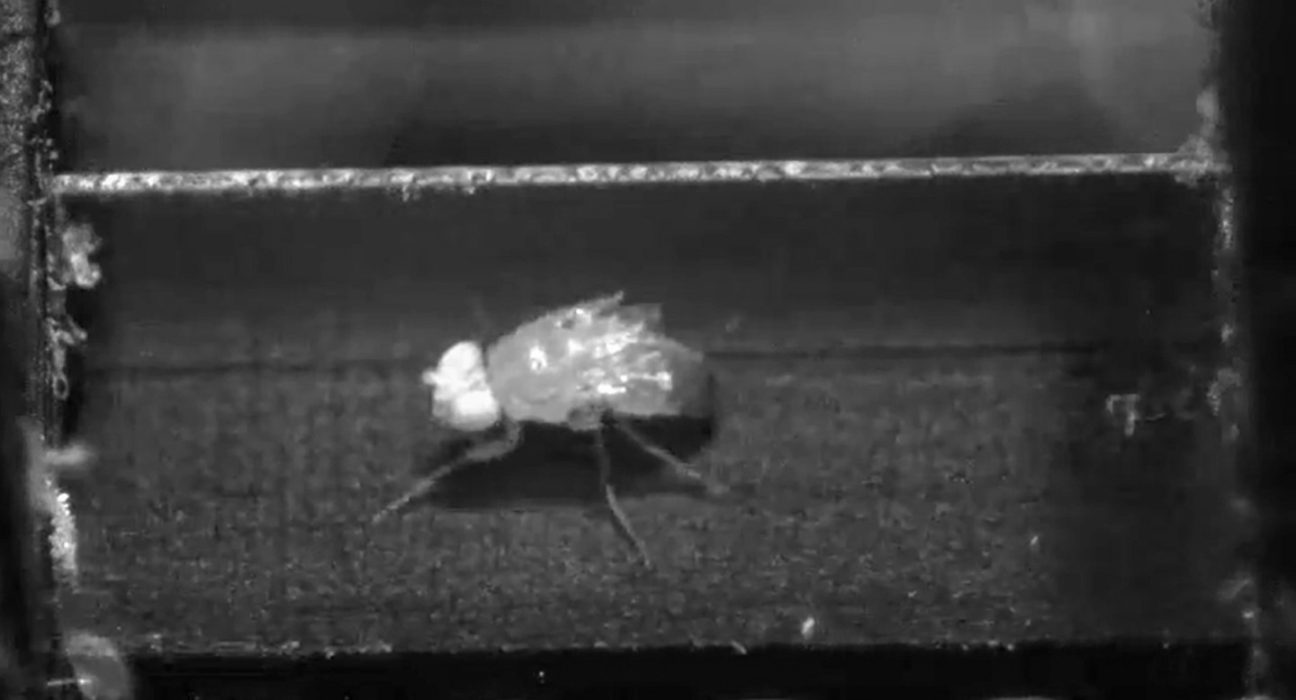average: (in science) A term for the arithmetic mean, which is the sum of a group of numbers that is then divided by the size of the group.
Drosophila melanogaster: The common fruit fly, this animal is a workhorse of biomedical research. Scientists use it to study many aspects of animal physiology and genetics.
engineer: A person who uses science and math to solve problems. As a verb, to engineer means to design a device, material or process that will solve some problem or unmet need.
environment: The sum of all of the things that exist around some organism or the process and the condition those things create. Environment may refer to the weather and ecosystem in which some animal lives, or, perhaps, the temperature and humidity (or even the placement of things in the vicinity of an item of interest).
fruit flies: Tiny flies belonging to the species Drosophila melanogaster. Scientists often use these short-lived animals as a “guinea pig” for lab studies because they are easy to grow, can mature into adults in a short time and their bodies share many of the same traits and responses as more complex animals — including mammals.
insight: The ability to gain an accurate and deep understanding of a situation just by thinking about it, instead of working out a solution through experimentation.
monitor: To test, sample or watch something, especially on a regular or ongoing basis.
motor: A device that converts electricity into mechanical motion.
neuroscientist: Someone who studies the structure or function of the brain and other parts of the nervous system.
sprint: To run at top speed over a fairly short distance. In competitive running, the 100-meter race is a sprint. A person who is doing this kind of running is called a sprinter.













